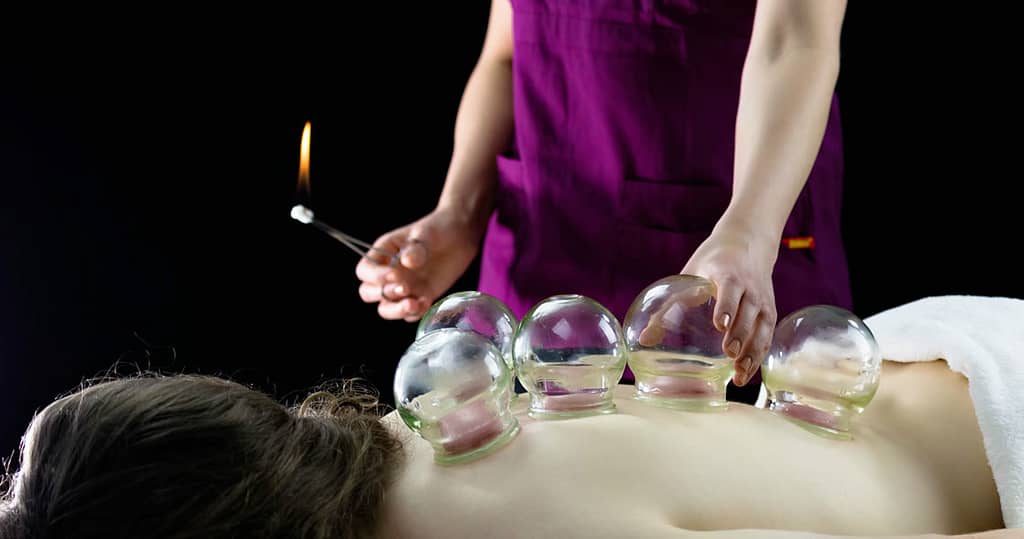Postpartum Care with Acupuncture and TCM
Giving birth is an incredible experience that brings immense joy and excitement into a family’s life. However, the postpartum period can also be challenging, both physically and emotionally, as the mother’s body adjusts to the changes that come with childbirth. It’s important to prioritize postpartum care to ensure the mother’s health and well-being during this critical time.
Postpartum depression (PPD) is a common mental health issue experienced by new mothers. It can cause feelings of sadness, anxiety, and exhaustion that can interfere with the mother’s ability to care for herself and her baby. PPD affects approximately 1 in 7 women in the United States, and it can occur anytime within the first year after giving birth.
Traditional Chinese Medicine (TCM) and acupuncture can be effective in treating postpartum depression and promoting overall postpartum health. Acupuncture has been shown to stimulate the release of endorphins and other neurotransmitters that can help regulate mood and reduce stress. Chinese herbal medicine can also be used to support the body’s natural healing processes and promote emotional balance.
In addition to treating postpartum depression, TCM and acupuncture can help with a variety of postpartum symptoms, including:
- Pain Relief: Acupuncture can help relieve pain in the lower back, hips, and joints that can occur during pregnancy and childbirth. It can also be used to alleviate postpartum headaches and menstrual cramps.
- Hormonal Balance: The fluctuation of hormones during and after pregnancy can cause physical and emotional symptoms. TCM can help regulate hormones, alleviate symptoms, and support the body’s natural healing processes.
- Digestive Support: TCM can help with common postpartum digestive issues such as constipation, diarrhea, and bloating.
- Breastfeeding Support: Acupuncture and TCM can help stimulate milk production and alleviate breast engorgement, cracked nipples, and other breastfeeding issues.
Studies have shown the positive effects of acupuncture and TCM on postpartum care. Here are a few examples:
- A randomized controlled trial published in the Journal of Acupuncture and Meridian Studies found that acupuncture was effective in reducing postpartum depression symptoms in women who had a high risk of developing the condition. (Reference: Li, L., et al. (2018). “Acupuncture for the treatment of postpartum depression: A randomized controlled trial.” Journal of Acupuncture and Meridian Studies, 11(6), 334-339.)
- A study published in the Journal of Traditional Chinese Medicine found that a combination of acupuncture and Chinese herbal medicine was effective in treating postpartum urinary retention. (Reference: Liang, L., et al. (2013). “Clinical study on acupuncture and Chinese herbal medicine for postpartum urinary retention.” Journal of Traditional Chinese Medicine, 33(4), 486-489.)
- A systematic review published in the journal Complementary Therapies in Medicine found that acupuncture was effective in treating postpartum perineal pain. (Reference: Smith, C. A., et al. (2018). “Acupuncture for pain relief in labour and childbirth and postpartum perineal pain: A systematic review and meta-analysis.” Complementary Therapies in Medicine, 39, 1-8.)
These studies suggest that acupuncture and TCM can be effective in promoting postpartum health and addressing specific postpartum conditions.
There are several common acupuncture points and herbal formulas used in postpartum care in TCM. Here are a few examples:
- Acupuncture Points:
- Baihui (GV20): used to promote mental clarity and reduce fatigue
- Sishencong (EX-HN1): used to alleviate headaches and promote relaxation
- Zusanli (ST36): used to tonify Qi and blood, improve digestion, and promote overall wellness
- Hegu (LI4): used to relieve pain and promote the flow of Qi
- Taichong (LR3): used to regulate liver Qi, alleviate stress, and improve mood
- Herbal Formulas:
- Sheng Hua Tang: a formula used to promote postpartum recovery and tonify the Qi and blood
- Dang Gui Bu Xue Tang: a formula used to tonify Qi and blood, regulate menstruation, and promote overall wellness
- Si Wu Tang: a formula used to tonify Qi and blood, promote circulation, and alleviate fatigue
It’s important to note that acupuncture points and herbal formulas used in postpartum care may vary depending on the individual’s unique symptoms and needs. A qualified and experienced TCM practitioner will customize the treatment plan to each patient to ensure the best possible outcomes.
At Huatuo Clinic, we understand the importance of postpartum care for new mothers, and TCM and acupuncture can be powerful tools in promoting health and happiness during this critical time. Our team of practitioners is dedicated to providing compassionate care and support to new mothers to ensure a smooth and comfortable transition into motherhood.








